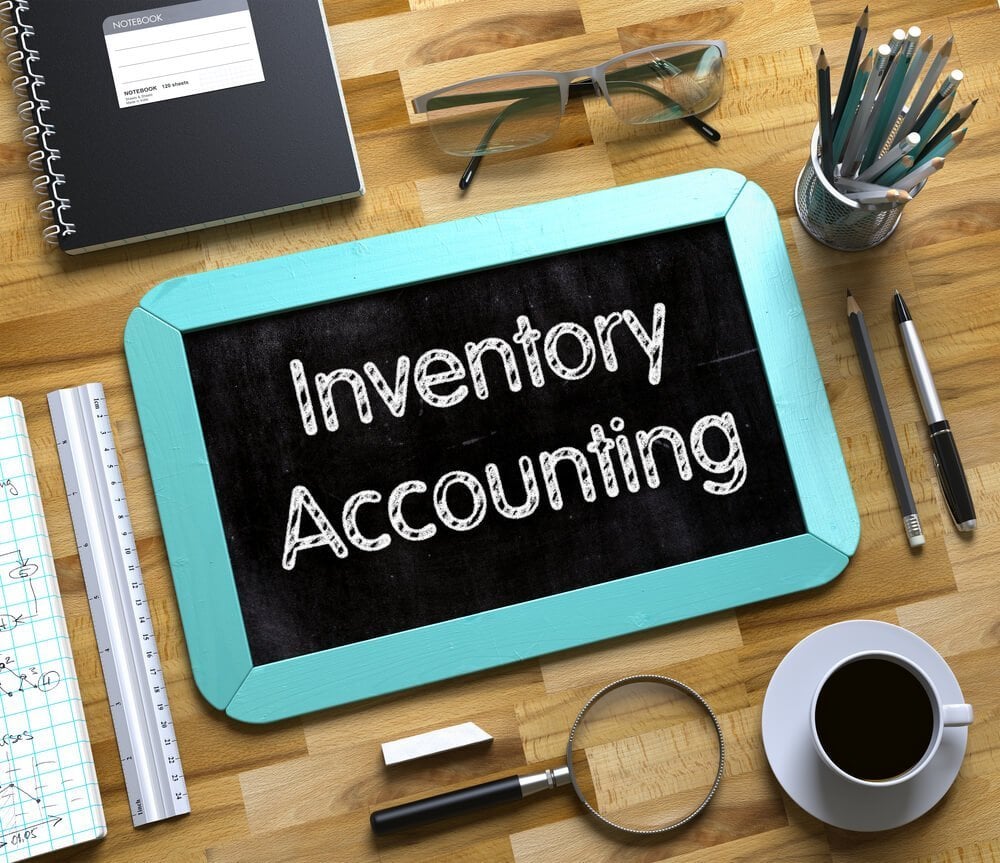Inventory management knows exactly where and how many items are in your warehouse. To ensure that the value of your assets in your financial statements matches your physical inventory, you need to integrate the inventory package and the account package.
The main advantages are:
1. Optimizing inventory to meet product availability and financial goals. The right mix of stock to meet immediate customer demands while avoiding running out or stagnating inventory. To get detailed information about integrated inventory management, hop over to this website.
2. Ensure visibility of supply chain partners' inventory levels. View the company's inventory level fluctuation.
3. Refine inventory at all closings. Make sure your annual report and SPT are correct.

Importance of integration:
For maximum efficiency, integrated solutions must be real-time (i.e. fast and up-to-date), flexible, transparent to consumers, easily growth-compatible, and scalable. Consumers don't have time to think about integration, they just want it to work.
This can be a problem when the inventory system and the accounting system are combined (not just integrated together). This can seriously overwhelm large tables of application databases (customers, suppliers, accounts, inventory items, transaction history, duplication of multiple locations, etc.).
Overloading a database can bring all your functional groups to their knees (quotation and tracking functions, accounting and reporting, inventory management, purchasing, operations).
Successful Integration for Small Businesses: To achieve integration goals, look for a stable ERP system with a powerful inventory management module.